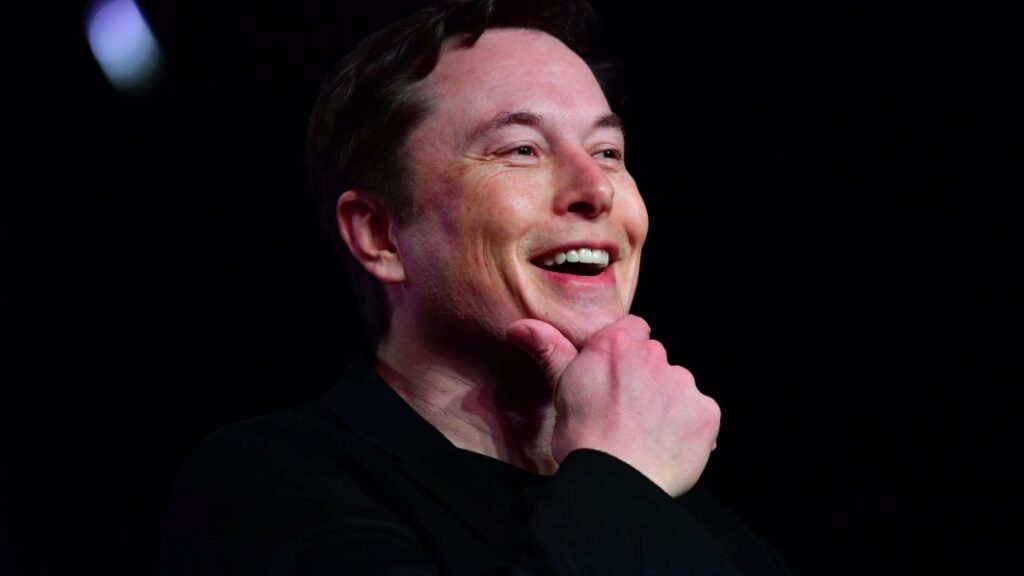Elon Musk mocks elite investor Bill Miller for shorting Tesla when it was half its current value

Tesla CEO
Elon Musk speaks during the unveiling of the new
Tesla Model Y in Hawthorne, California on March 14, 2019.
Frederic J. Brown/Getty Images
Elon Musk appeared to mock legendary investor Bill Miller for shorting Tesla stock in early January.
Miller said he bet against Tesla at the time because of increasing competition from other carmakers.
Tesla’s market value has surged about 116% since Miller casted his bearish calls.
Elon Musk poked fun at investor Bill Miller for shorting Tesla stock when it was less than half its current value.
In a tweet on Saturday, the Tesla and SpaceX chief replied with a laughing emoji in response to a CNBC interview in early January where Miller explained he’s betting against the electric-vehicle carmaker as industry competition ramps up.
“I shorted it recently. I shorted more today. If it goes up, I’ll short more,” Miller said at the time.
“Tesla is now losing market share. They’re cutting price. BYD is introducing a luxury [car] over in China. It’s a phenomenal company but it’s not worth $380 billion in my opinion … I just don’t think it’s worth more than the top five automakers in the world combined. And all of them are coming with electric vehicles,” Miller added.
Tesla’s market cap currently stands at $774.6 billion. At the time of Miller’s interview, the EV maker’s market value was around $357 billion, showing the company’s valuation has surged around 116% since then. Its stock price was at $244.40 as of Friday’s close.
The stock surge was fueled in part by investor hopes that the Federal Reserve will ease up on its interest rate hike campaign, alongside a pickup in demand for Tesla vehicles due to its price cuts in the US and China.
Wedbush analyst Dan Ives recently forecast Tesla’s stock will soar 22% after the EV maker entered into deals that would allow both GM and Ford to use its charging network.



